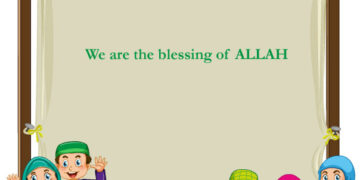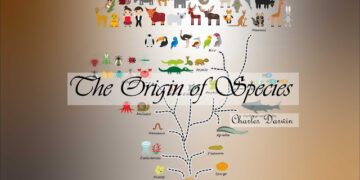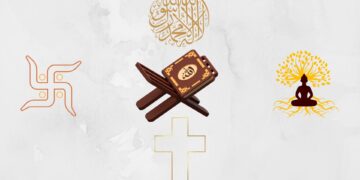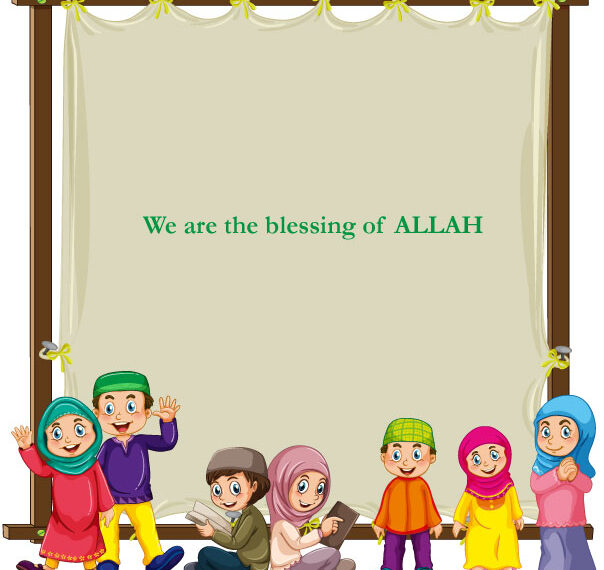In many South Asian cultures, including Bangladesh and India, the societal pressure to bear a male child remains a significant challenge. However, as Muslims, we find solace and guidance in trusting in Allah. This unwavering faith helps us navigate the deep-seated cultural preference for sons, which persists across various socioeconomic and educational backgrounds. Often, pregnant women face immense pressure to deliver male children, with families resorting to traditional practices and facing social stigma if they don’t have sons. Yet, by trusting in Allah, we can find peace and understanding in His divine plan.
Societal Impact and Harmful Practices
The intense societal emphasis on male offspring often overshadows other aspects of family life. Parents, especially in traditional settings, perceive sons as their ultimate support and legacy. The birth of a daughter is sometimes met with misplaced sympathy, even in educated circles, leading to undue mental stress and social pressure. This preference has unfortunately led to harmful practices, including gender-selective abortions, which prompted legal restrictions on gender reveal tests.
Historical and Cultural Beliefs
The roots of this preference lie in deep-seated beliefs about lineage continuation and family power dynamics. Sons are viewed as protectors of family legacy and bearers of familial strength. Families without male heirs are often considered unfortunate, a notion that harks back to historical ignorance. The Quran addresses this discriminatory attitude, condemning the practice of devaluing female children in strong terms. In the Holy Quran, Allah says about this practice:
“And when one of them is informed of [the birth of] a female, his face becomes dark, and he suppresses grief. He hides himself from the people because of the ill of which he has been informed. Should he keep it in humiliation or bury it in the ground? Unquestionably, evil is what they decide.”[ref 1]
The Concept of ‘Avatar’ in Arab Culture
Historically, the term ‘Avatar’ in Arab culture referred to those without offspring, particularly male heirs, carrying negative connotations. Even Prophet Muhammad (ﷺ) faced such criticism. Yet, Islamic teachings, by emphasizing trusting in Allah, challenge these notions, highlighting the equal value of all human life regardless of gender.
Islamic Perspective: The Hadith of Anas ibn Malik
The Hadith of Anas ibn Malik (ra) about the revelation of Surah Al-Kawthar provides a powerful counternarrative. It demonstrates that divine favor is not tied to worldly measures of success or legacy. The promise of ‘Kausar’ (abundance) to the Prophet (ﷺ) serves as a reminder that true value lies in faith and righteous deeds, not in gender-based preferences. When trusting in Allah, we understand that His blessings are beyond our comprehension.
Anas ibn Malik (ra) described that once we were present at the gathering of Prophet Muhammad (ﷺ). Suddenly he felt unconsciousness over him. Then he smiled and raised his head. We asked him, “O Messenger of Allah! What is the reason for your smile?” He said, “Just now a Surah has passed over me.” He recited it, “In the name of Allah, the Most Gracious, the Most Merciful.” Then he said, “I have been given ‘Kausar’ by my Lord. So you offer Salah for your Lord and sacrifice animals.” Those who are envious of you their lineage will be cut off. Then he said, “Do you know what ‘Kausar’ is?” We said, “Allah and His Messenger know best.” He said, “It is a river in Paradise. My great Lord has promised me that among its countless glasses, there will be one glass for each member of my Ummah. One person will be taken from there quickly.” Then I will say, “Lord! He was one of my Ummah’s people.” Then I will be told, “Don’t you know what he did after your death?” (Muslim, Hadith: 780)
Embracing Divine Wisdom and Equality
This Islamic perspective offers a profound message: human judgments and societal pressures are transient, while divine wisdom is eternal. Trusting in Allah encourages us to recognize the temporary nature of worldly status and possessions. We must value all children equally, regardless of gender, and refrain from pride or criticism based on superficial factors. This approach aligns with the broader Islamic teachings of equality and the inherent dignity of all human beings.




































